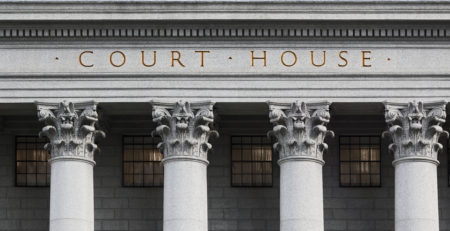Questions the Payroll Audit Firm Should Ask the Trustees During the Proposal Process
Posting by Larry Beebe, CPA
We previously began a series of blog posts on the questions that trustees should ask the payroll audit firm when they request proposals to perform payroll audits . The payroll auditing firms being reviewed should also ask the trustees a series of questions during the request for proposal (RFP) process.
Here is the list of questions the payroll auditing firm should ask; these questions will each be discussed in future blog posts:
- How are disputes between the payroll auditors and the employer resolved?
- Do you have a collection policy?
- Do you have a Collection Committee, and if so, how does it function?
- How do you select employers for audit?
- Do you routinely audit the records of companies of employer trustees?
- What records do your agreement and declaration of trust allow you to request in the audit?
- Can the payroll records have real time access to plan records? How about union records?
- Who does the audit firm call to receive an immediate decision on a problem with an employer?
- What is the process if an employer refuses to allow the audit or access to requested records?
- Are there different Collective Bargaining Agreements (CBAs) or participation agreements? Are there any standard forms of agreement that override the CBA provisions?
- Do all employers pay based on hours, weeks, months paid?
- Do any employers remit only for hours worked?
- Are employers required to remit for all hours paid or are the hours capped?
- Are bonuses considered hours paid?
- Do we send draft reports to the employers after completion of our audit?
- Do you evaluate your entire payroll audit program annually?
Consideration of these questions will assist the payroll auditing firm in knowing what the work involved will entail, how knowledgeable the audit requestor is, and may provide insight into potential hurdles or obstacles during an audit if the project is awarded.






